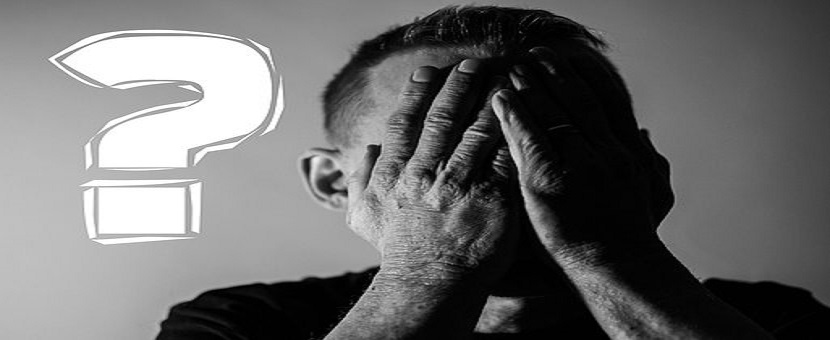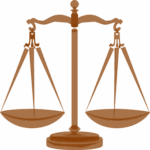Kassim v. State [2018] 4 NWLR (Pt. 1608) 20 at 48, paras. A-C, per Eko, JSC:
“Relying on Alake v. The State (1991) 7 NWLR (Pt. 2003) (sic) learned counsel for the respondent submits that there is nothing sacrosanct about proof beyond reasonable doubt. I am sure the citation for Alake v. The State given above by the learned counsel is misleading and wrong. It is a reprehensible thing for any counsel to do before any court of law. It is unethically irresponsible and very reckless for a counsel to cite a case as an authority which citation cannot lead to the location of the authority. It appears the case counsel is referring to is Alake v. The State (1991) 7 NWLR (Pt. 205) 567…”
Notes:
The above position of his Lordship further reiterates the point that a lot is expected from a lawyer who is often expected to adopt highest standards in practice.
Understandably, it could be absolutely upsetting for counsel to make a submission, supporting same with an authority, but only for the Judge (as well as the opposing counsel) to search all day and all night long without locating the authority due to the wrong citation provided. In the instant case, it is even better that the authority cited exists. In worst cases, some counsel attempt to cite non-existent cases. This is not common though. This conduct may be traced to what is prevalent in schools where law students are made to memorise cases/authorities for use during closed book examinations. In order to ensure that authorities are supplied at all cost, some students tend to supply fake cases. In the case of the students, one may say that the idea of memorising cases is the problem (though not a justifiable reason). However, counsel in practice is not required to memorise cases as such, given that there is enough time to look up the library for law reports in order to obtain authorities and their proper citations. Counsel is even allowed to read directly from the law reports during oral submissions. Therefore, nothing can justify failure to cite proper and existing authorities not even the scarcity of same.
We may not totally ignore typographical and human errors, in view of the fact no one is beyond mistake. Nonetheless, given that the effect of wrong citations could be terrible, serious steps must be taken by counsel to avoid such unfortunate occurrence.














